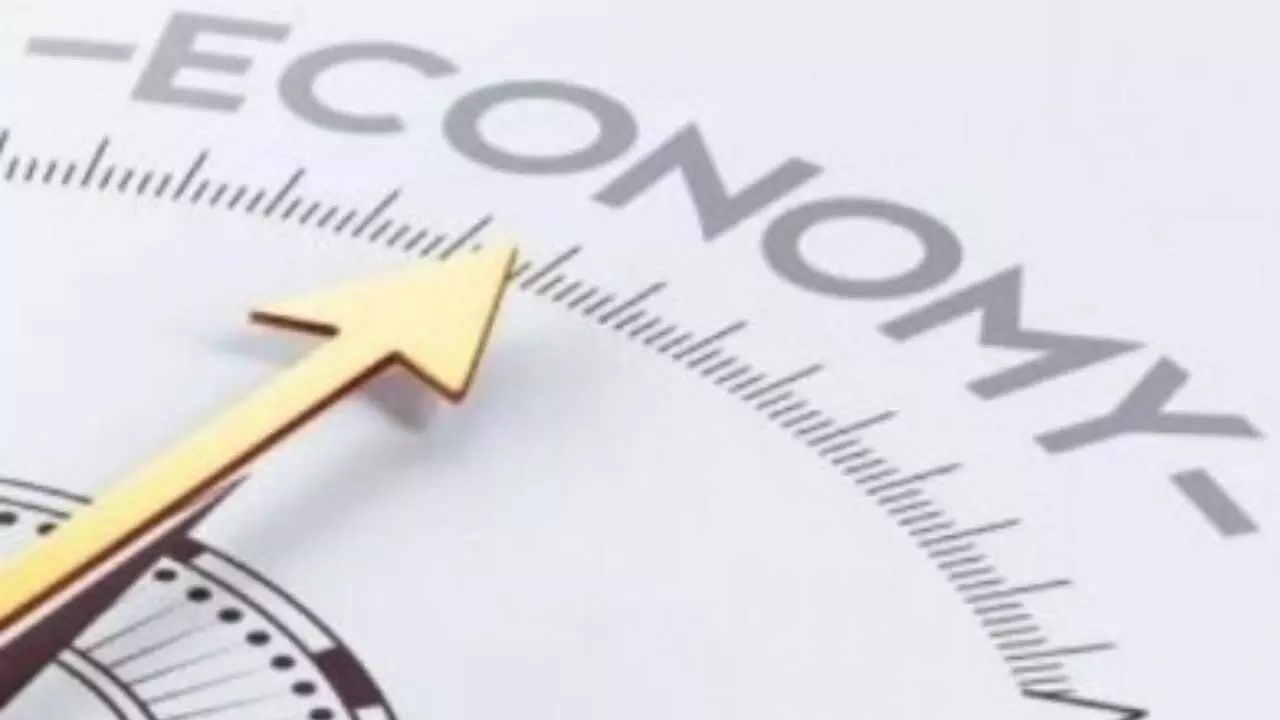Investors look forward to stimulus by China on Saturday
With investors urging stimulus, Chinese Finance Minister Lan Fo’an will shore up fiscal policy to boost growth on Saturday. He will also interact with the media, the State Council Information Office said in a statement yesterday. Investors look forward to the announcement
image for illustrative purpose

With investors urging stimulus, Chinese Finance Minister Lan Fo’an will shore up fiscal policy to boost growth on Saturday. He will also interact with the media, the State Council Information Office said in a statement yesterday. Investors look forward to the announcement.
On Saturday, October 12, Beijing is likely to announce measures to speed up growth. Beginning in 2015, there have been five rounds of stimulus—without many positive results.
The performance of the world’s largest economy has been less than impressive since 2014, a year after President Xi Jinping entered the top office. He has been trying to transform China from an investment-driven economy to one fuelled by private consumption, but success has eluded him.
At the heart of Xi’s problem are high savings by the Chinese. Their national savings rate is in the region of 45 per cent of GDP, as compared to about 26 per cent in the European Union and less than 17 per cent in the United States. These savings mostly go toward real-estate and infrastructure investment. Even cash infusions by the government are directed towards savings or home buying.
According to the National Bureau of Economic Research, the real estate sector contributes 29 per cent to China’s GDP because buying a house is an essential part of Chinese culture, signifying wealth and status.
According to an estimate, 93 per cent of Chinese families own a home, the highest anywhere in the world. Unsurprisingly, over 61 per cent of household savings are parked in a residential property, resulting in a bubble in the housing sector.
As property prices go southward, people defer home buying, thus occasioning the spiral which five rounds of stimulus have failed to check.
Demand has nosedived for other products and services as well, furthering reducing revenue, taxes, and incomes. “The country will stay in deflation if there is no ‘meaningful recovery’ in the property sector,” Raymond Yeung, ANZ’s chief economist for Greater China, told the media.
Rising tensions with the US have worsened the situation.
The country’s ‘one-child policy’ between 1980 and 2015 has come to haunt its economy, as it has made China an ageing society.

